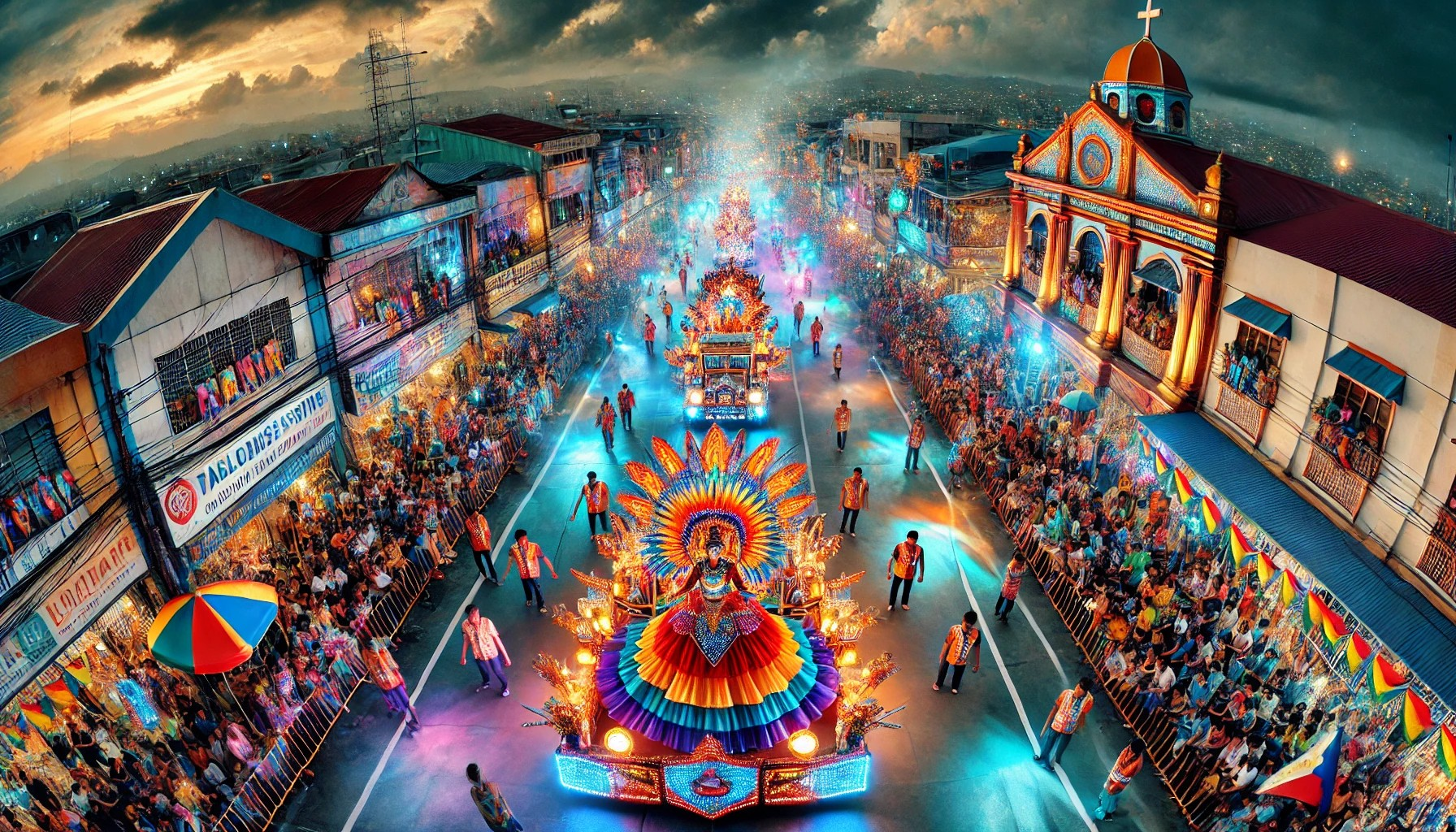Tacloban Fiesta Faces Political Protests and Wage Hikes
Tacloban City is abuzz as it prepares for its annual fiesta, an event honoring the city’s patron saint, Senior Santo Niño, with the ‘Parade of Lights’ and a dance drama presentation as its highlights. Scheduled for June 30, this year’s celebration aims to exceed the previous attendance of over 300,000 visitors, with elaborate floats and performances highlighting the region’s vibrant cultural heritage.
In the backdrop of these festivities, Tacloban faces rising political and economic tensions. On July 24, the Freedom of Debt Coalition (FDC), an advocacy group focusing on economic justice and transparency, led a protest rally at the Remedios Trinidad Romualdez Plaza. The protestors criticized the Marcos administration’s economic policies, particularly the rising costs of living and the recently enacted Maharlika Investment Fund. The FDC expressed fears that the fund could potentially be misused, exacerbating corruption rather than aiding economic development.
Further complicating the local economic landscape is a new minimum wage order issued for the Eastern Visayas region, including Tacloban. This order mandates an increase in daily wages across various sectors: PHP 30 per day for agricultural workers, PHP 20 for non-agricultural workers, and similar increases in other categories. The wage hike aims to provide relief to workers facing inflation and rising living costs, though it also presents challenges for small businesses, which must absorb these additional labor costs.
These layers of festivity, activism, and economic reform illustrate the complex dynamics in Tacloban, mirroring broader national challenges. As the city celebrates its cultural heritage, it also grapples with significant socio-economic issues, reflecting the resilience and adaptability of its people.

